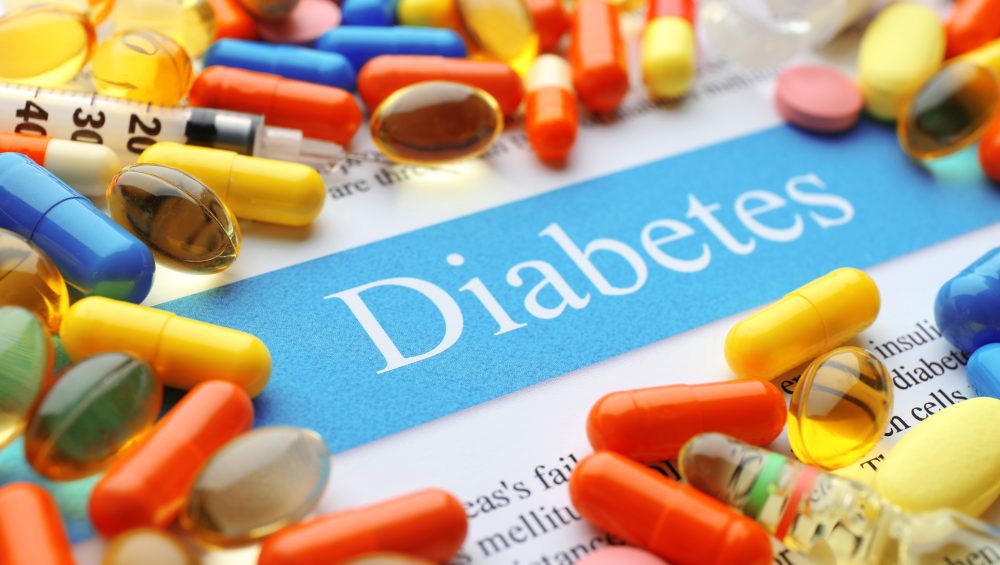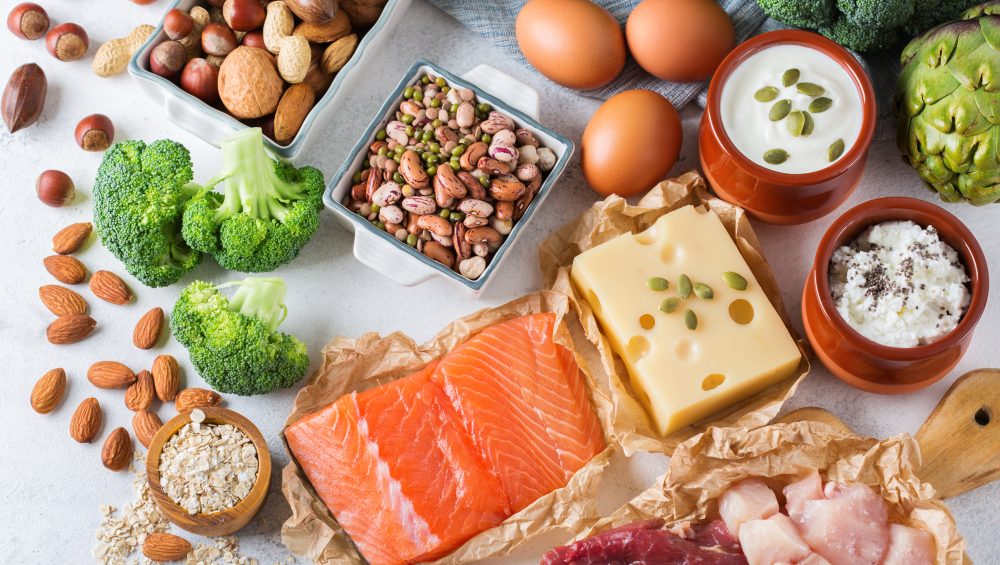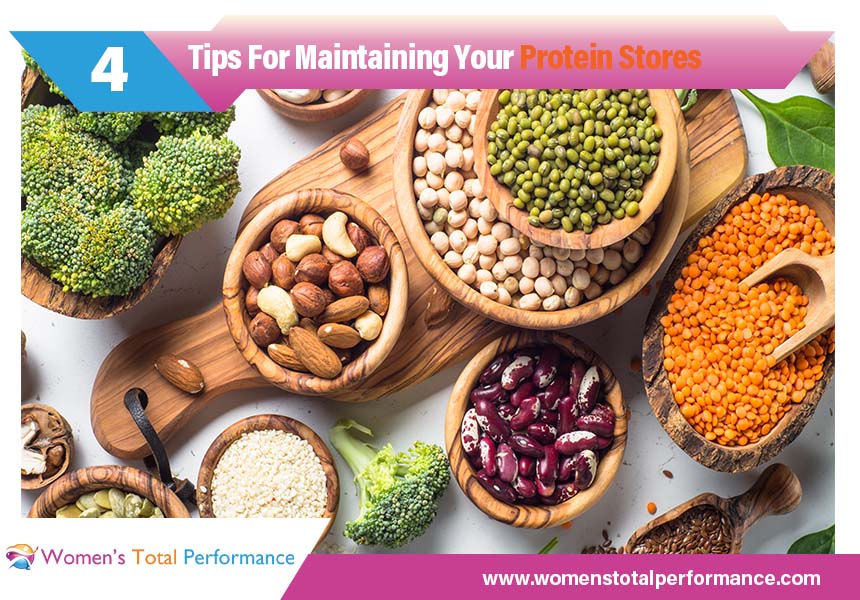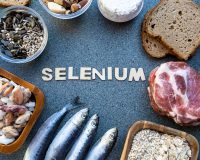4 Pointers For Getting Off Diabetes Medicine
Getting a diagnosis of diabetes can be a shock. It can be especially stressful if you don’t know much about the disease. Maybe you do know about it, but what you know is pretty negative. However, being told that you have diabetes doesn’t mean that there’s nothing that you can do. Contrary to the popular belief that diabetes is permanent, you can stop the disease and reverse the diagnosis.
In this article, we’ll cover four things you need to do to reverse your diabetes diagnosis and get off of diabetes medications. First, we go over being aware of your nutrition. Then, we’ll discuss maintaining a strong mindset and managing stress. Finally, we’ll wrap up with the importance of exercise.

1Be Aware Of Your Nutrition
It is important to engage in nutritional awareness. Nutrition is the key to coming off of diabetes medication. When you’re taking medicine for the disease, the reason is that your cells can’t properly use the insulin that your body makes. They’ve become resistant, and part of the reason is that there are too many fat cells. But altering the way that you eat can change all of that.
You need a diet that’s based on whole grains and a moderate intake of fruits, vegetables, and lean protein. The best diet for you to not need your medication is a low-carb diet. Some people choose to follow a vegetarian diet, and that works well also. What you want to do is to choose a diet that leaves the starches and sugary foods behind. These can trigger a desire to overeat, and they’re just not that healthy for you.

2Keep A Strong Mindset
It will take a strong mindset on your part and the willingness to keep focused on the end goal. You don’t live a certain lifestyle that causes diabetes to occur and then change it in a day. It will take time, effort, and dedication.
It might take several days or weeks to get your glucose levels under control, but you can do it. You can lose weight and change your health for the better by following these tips. Then, you can be taken off diabetes medication and keep off it for good.

3Manage Your Stress
This step is to get stress under control. Besides nutrition and exercise, keeping the stress you have to deal with to a minimum is also one of the key factors in getting off diabetes medication. There are two types of stress that can affect someone with diabetes. Those are mental and physical stress.
When you’re under stress, it can be harder to have the mindset that you want to control or reverse diabetes. It can also trigger hormone release. These stress hormones then raise the glucose levels higher than they normally are. Keep the stress in your life as low as possible.

4Always Get Moving
Exercise is another key to reversing your diabetes to the point where you no longer need to take medication. You’ll want to engage in aerobics exercise, along with some type of strength or resistance training. This is one of the most difficult parts of the change.
If it’s been a while since you exercised, you can start out with brisk walking. But you’ll want to exercise for at least 20 minutes to half an hour every day. Get a pedometer, join an exercise group, or find a buddy support system to help you stay motivated to work toward your goal. Every pound that you lose helps you reverse diabetes, and exercise can do that for you.

In this article, we covered what you need to do to stop your diabetes and get off medications. First, we covered being aware of your nutrition. Then, we went over maintaining a strong mindset and managing stress. Finally, we closed with the importance of exercise.
Being diagnosed with diabetes can be scary. However, it’s not the end of the world, and you have the power to change your diagnosis. With the right plan of action, you can rid yourself of this troublesome disease.












